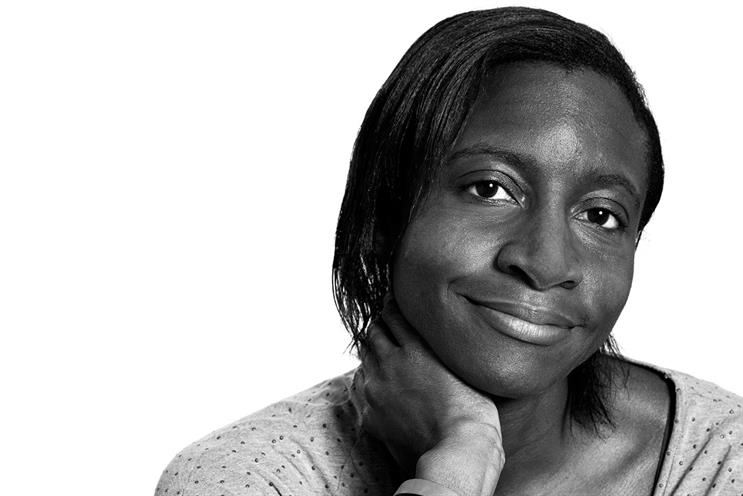Just as 2020 had a certain linguistic flavour – let’s hope the concept of furlough will finally be consigned to history at some point this year – so too does 2021, as we trudge into the year of the jab.
“Vaccine nationalism” reared its ugly head as rows flared over stocks, while Ryanair ran a (now banned) spot telling travellers to “jab and go”. Meanwhile, Boris Johnson has been crowing that “jabs, jabs, jabs” will deliver employment – little wonder as the roll-out is one of the few things his government hasn’t managed to balls up over the past year.
Marketers can now also ponder the likely behavioural shifts as consumers become “vaccine confident”.
Then there are the “vaccine hesitant”. These are the people who, worryingly, are reluctant to have the jab.
The good news is that here in the UK some 81% of people say they will take or have already taken a Covid vaccine, making us the most “vaccine willing” country of 26 global markets surveyed by YouGov in January. As experts believe herd immunity will be achieved when at least 75% of the population are vaccinated, this is a promising trend.
The bad news, however, is that anti-vax sentiment appears to be gaining traction. Fake claims that the vaccine contains meat, alters your DNA or will be used to track people are doing the rounds on Facebook and WhatsApp.
According to a study published in December on vaccine hesitancy in the UK, conducted by academics from Oxford, Cambridge and Loughborough universities among others, we are in danger of reaching a “tipping point” where “mistrust of vaccines becomes mainstream”. It says there is an urgent need for carefully crafted public-health messaging that “pre-bunks” misinformation alongside campaigns that make the collective benefit argument.
This has already started among black, Asian and minority ethnic groups, which have been hit hard during the pandemic yet are less likely than their white counterparts to consent to vaccination.
Black MPs put party politics aside and released a video on social urging constituents to take the vaccine. Similarly, figures from entertainment, sport and politics, such as Meera Syal, Konnie Huq and Moeen Ali, have joined forces in a film aimed at dispelling myths and encouraging take-up. Imams are playing their part, too, urging worshippers to “verify before you amplify” to stem the tide of misinformation.
What is needed now is a sustained effort targeting a variety of groups – the vaccine hesitancy study found the phenomenon was not confined to ethnic minorities – ahead of the wider push to the non-vulnerable later this year.
While there’s clearly a role for the government to flex its marketing muscles as it has done during the Covid crisis, it would be heartening to see the industry’s best creative minds, perhaps in partnership with grassroots groups, create content that’s as viral and persuasive as the rubbish being circulated – although some help on reach from Facebook wouldn’t go amiss.
This really matters. That terrible milestone, 100,000 Covid deaths in the UK, sadly was passed last month. And with new variants of the virus springing up around the world, mass vaccination drives could be part of our lives for some time to come. Fighting anti-vax lies is not just the right thing to do morally, it holds the key to our return to normality.
Gemma Charles is deputy editor of ±±ľ©Čüłµpk10



